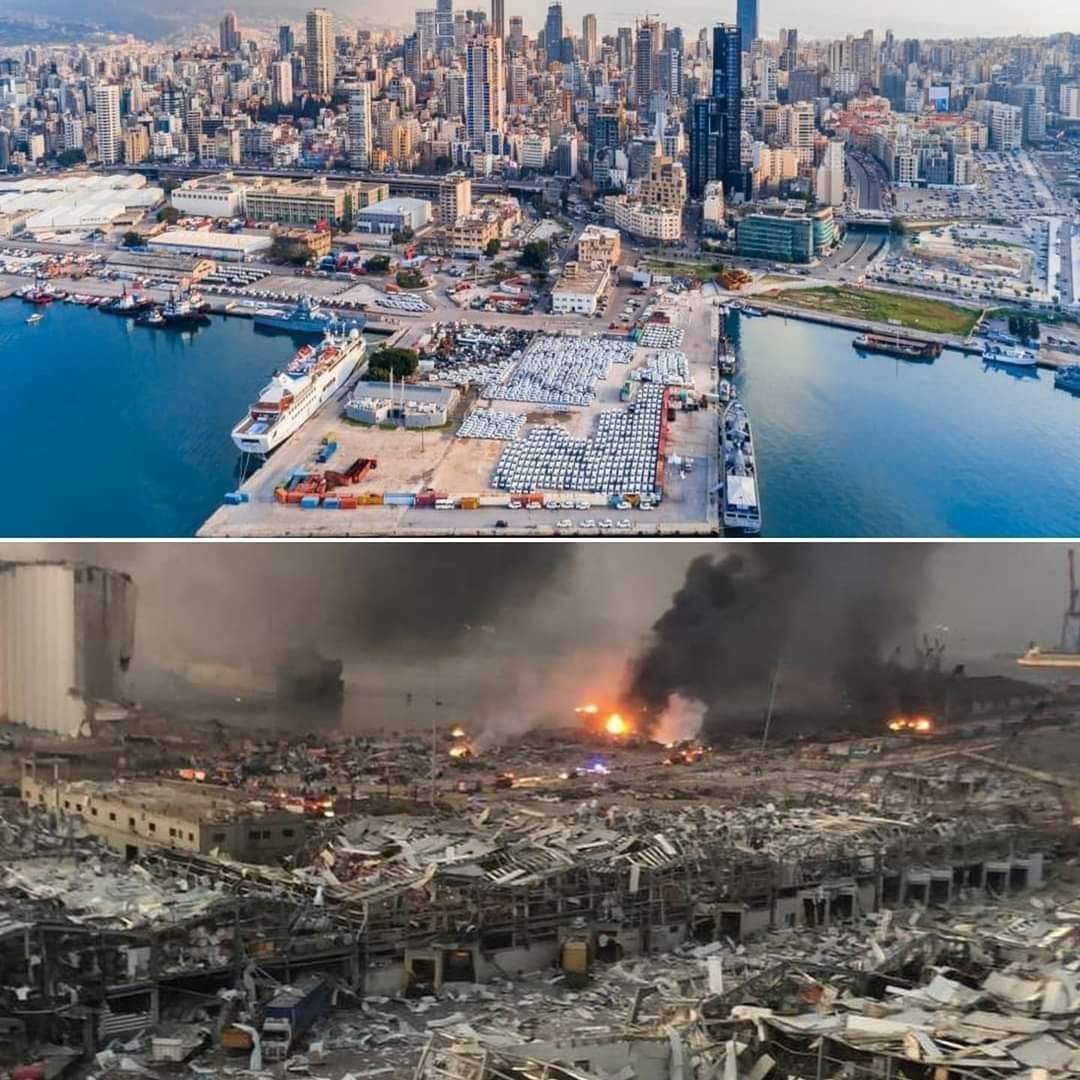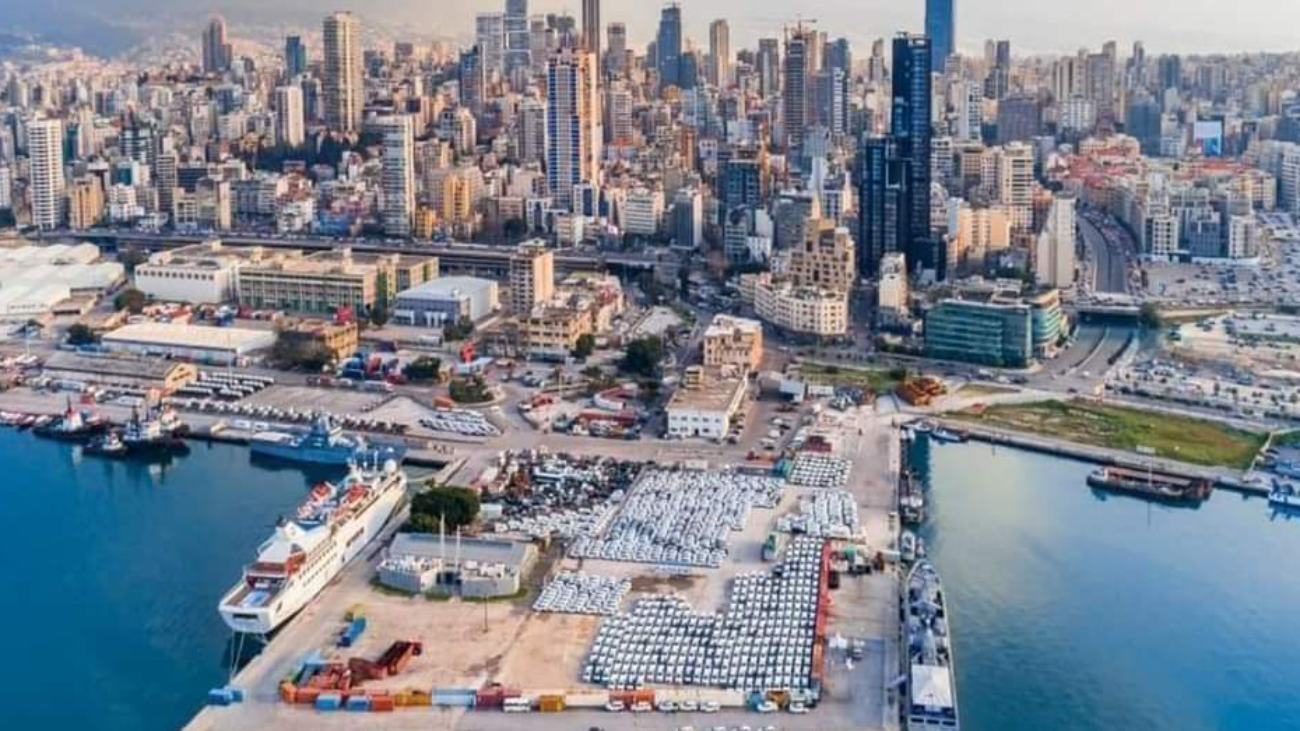After the horrifying 2020 explosion, citizens of Beirut are trying to rebuild their city and save its wonderful history.
Their city was left in shambles, broken glass, doors blown out, cars no longer recognizable, and all this was covered by thick ash. Wealthy and impoverished homes were destroyed alike, together with migrants and refugees’ possessions, showing no mercy to anyone. This threatened to accelerate what had happened 30 years after the end of Lebanon’s 15-year civil war. Regrettably public discussion is rare and there is little accountability. Instead, there is an endless cycle of demolishing and rebuilding. Fortunately, nonprofit focus groups and community initiatives are aiming at repairing homes using authentic materials, so that Beirut’s landscape remains traditional. These groups are necessary as after the blast there was virtually no official emergency response with no message to the nation. Furthermore, there was no effort to rescue survivors, or provide shelter to the homeless.
After the horrifying 2020 explosion, citizens of Beirut are trying to rebuild their city and save its wonderful history.
Their city was left in shambles, broken glass, doors blown out, cars no longer recognizable, and all this was covered by thick ash. Wealthy and impoverished homes were destroyed alike, together with migrants and refugees’ possessions, showing no mercy to anyone. This threatened to accelerate what had happened 30 years after the end of Lebanon’s 15-year civil war. Regrettably public discussion is rare and there is little accountability. Instead, there is an endless cycle of demolishing and rebuilding. Fortunately, nonprofit focus groups and community initiatives are aiming at repairing homes using authentic materials, so that Beirut’s landscape remains traditional. These groups are necessary as after the blast there was virtually no official emergency response with no message to the nation. Furthermore, there was no effort to rescue survivors, or provide shelter to the homeless.

Good news is that a local restaurant created ‘Everyone’s Kitchen’ to feed the newly homeless, relief workers and others in want. The Beirut Heritage Initiative is working to save 650 historic buildings that had been damaged in the blast.
Over a year after the devastation, many of the building in the old quarters near the port have now been stabilized, small family shops have been refurbished, with apartments repainted and shutters replaced.
Beirut’s nightlife, bars and restaurants are once again busy. Damages renovated by donations from regular attendees, or by crowdfunding.
Yet to date questions remain as how such dangerous substances could be allowed to sit for years in the heart of the city.
What was considered to be an emergency response to this catastrophe, has become permanent. These programs focus on sustaining those people who were hit the worst. Many of whom had financial and economic problems before the blast.
Today the port operates only at a fraction of its capacity, because there is no money to maintain it.
Earlier this month the United Nations sent a delegation to Beirut, to look at the poverty situation. They reported that many of those they spoke to ‘feel abandoned’.
I’m halting this reporting on the situation in Beirut, for the time being, as the matter has become entirely political which MPL is NOT. The only resolution to the problems in Lebanon, must be resolved by its citizens. Once they work out a strategy, I’ll be delighted to pick-up, where I left off, BUT optimistically with good news.
The Lebanese people, with their fortitude and strength and a history of defiantly getting back on their feet, hopefully will do it again.
SANDY MCINNES
MPL NEWSLETTER EDITOR











